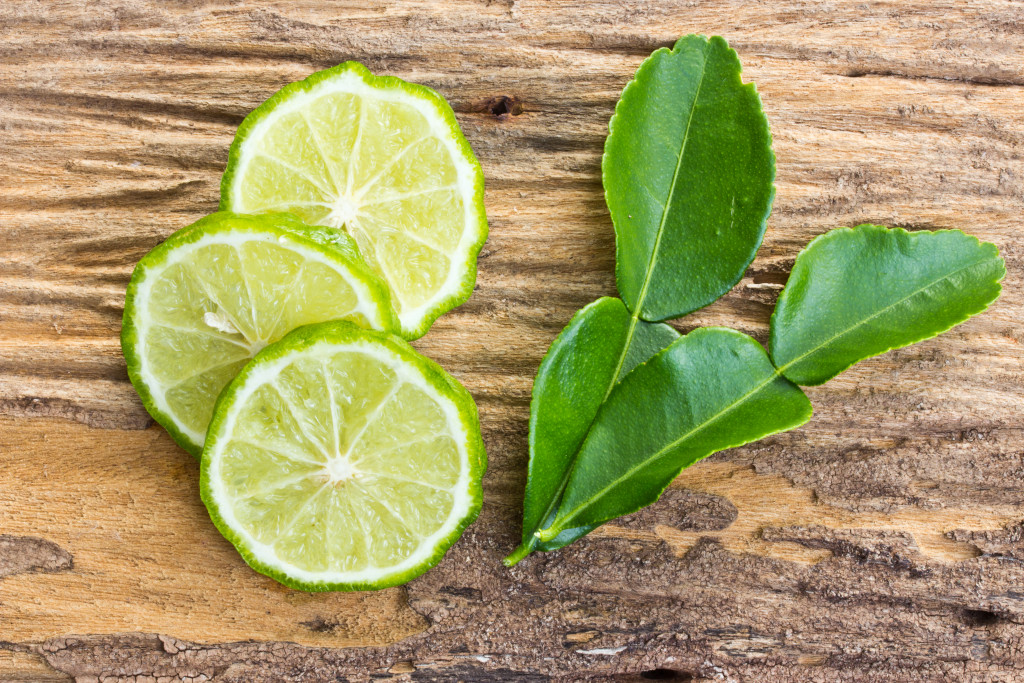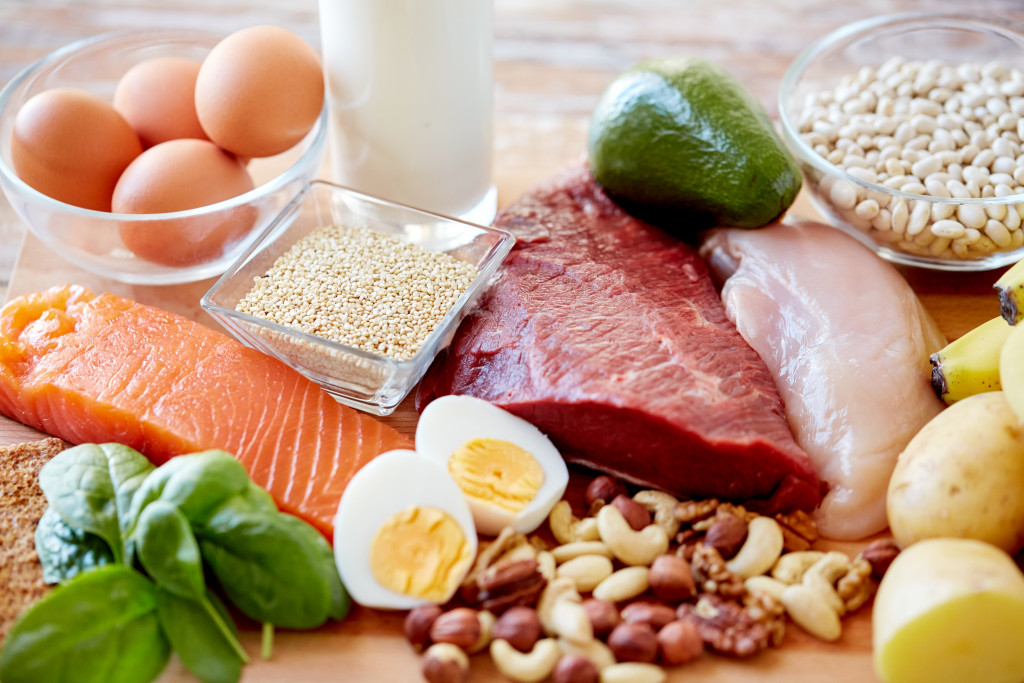• Dried fruits, sports drinks, citrus fruits, popcorn, and nuts are nutritious yet contain elements that can damage teeth.
• To protect oral health, use a straw for sugary sports drinks and rinse the mouth after eating dried fruits/citrus.
• Popcorn hulls and nut pieces can get stuck in crevices in the back of the mouth and cause bacteria buildup.
• Practice good oral hygiene habits like brushing twice daily, flossing once daily, and using mouthwash regularly.
You may be surprised to learn that some of the healthiest foods you can eat also have a dark side when it comes to your oral health. While these foods are nutritious and delicious, they contain elements that can damage your teeth. To make sure you’re taking proper care of your mouth, here are foods you should avoid if you want to maintain the best dental hygiene:
Dried fruits
Dried fruits like raisins, dates, apricots, and prunes may be rich in vitamins and minerals, but they contain high levels of sugar and often stick to the teeth for long periods. This creates an ideal environment for bacteria to form on the surface of your teeth which can lead to cavities and other oral health problems.
Sports drinks
Many people don’t realize this, but sports drinks contain a ton of sugar (sometimes more than soda). These beverages also have a low pH level, so they erode tooth enamel quickly over time. If you must drink sports drinks, use a straw so that it bypasses your teeth altogether, and rinse out your mouth with water afterward.
Citrus fruits

While citrus fruits offer vitamin C and other nutrients, they also contain citric acid. Over time, this can erode tooth enamel if eaten too frequently or in high quantities. If you enjoy eating oranges, lemons, limes, or grapefruits regularly, try drinking some water after each snack session to help rinse any remaining residue from the fruit’s acidity.
Popcorn
The hulls from popcorn kernels can easily get stuck between your teeth, where bacteria accumulates if not removed properly before brushing or flossing your teeth at night. Additionally, popcorn is often flavored with butter or salt, which increases the potential for cavity-causing bacteria buildup in hard-to-reach places around your mouth.
Nuts
Nuts are packed with healthy fats and protein, but their shape makes them difficult to chew completely before swallowing as there are often smaller pieces stuck between crevices in the back of the mouth that cause bacteria buildup if not removed properly. It’s best if nuts are chewed thoroughly before swallowing so that all remaining pieces can be wiped away by saliva during digestion later on down the line. Otherwise, these leftovers will remain undigested within crevices around the backside of each tooth, causing bacteria buildup over time, leading to cavities or other oral health issues down the road if not addressed properly.
Other ways to protect your teeth
In addition to avoiding these foods, it’s also important to practice good oral hygiene habits. Here are the practices you need to know about:
Brushing your teeth twice a day
This helps get rid of food particles that are stuck in your teeth, and it also removes plaque buildup, which can form on the surface of your teeth.
Flossing at least once a day
Flossing helps get rid of food particles that are stuck in between teeth and below the gum line, which your toothbrush can’t reach.
Using mouthwash
Mouthwash helps kill bacteria that are present in your mouth, and it also freshens up your breath.
Eat a balanced diet

A balanced diet helps keep your teeth strong and healthy. Make sure to include plenty of fruits, vegetables, and whole grains in your diet for optimal oral health.
Besides practicing good oral hygiene habits, seeing a dentist at least twice a year is important for checkups and cleanings. This helps eliminate any plaque or tartar buildup that may have occurred since your last visit. It can also catch any potential oral health issues before they become too severe. And if serious damage has already been done to your teeth due to the foods mentioned above, the dentist can help you decide on the best course of action to fix it. For example, if you have tooth loss caused by enamel erosion, the dentist may recommend tooth implants to replace the missing teeth. Tooth implants are a permanent solution that blends in with your natural teeth. They will last for many years if properly taken care of.
It’s important to be mindful of the foods you eat and how they can affect your oral health. While some “healthy” foods may have positive benefits for other parts of your body, they could also cause damage to your teeth if eaten too frequently or in high quantities.
Additionally, practicing good dental hygiene habits such as brushing twice a day, flossing once a day, using mouthwash regularly, and visiting the dentist every six months will help protect your teeth from any potential damage caused by certain types of food. By following these steps, you can maintain healthy teeth and gums while still enjoying all the delicious treats life offers!